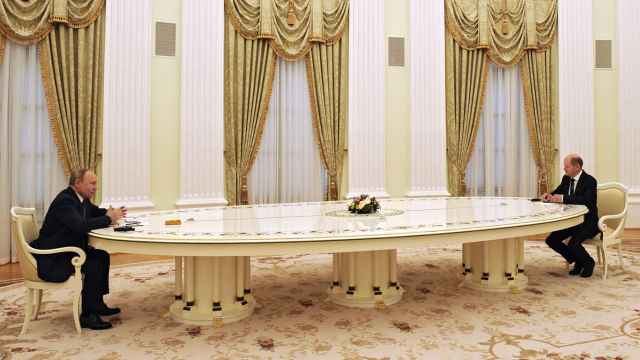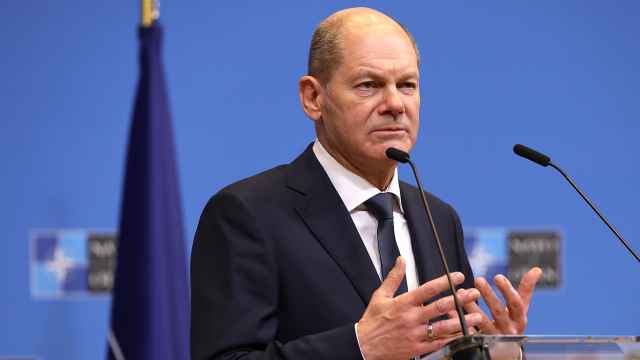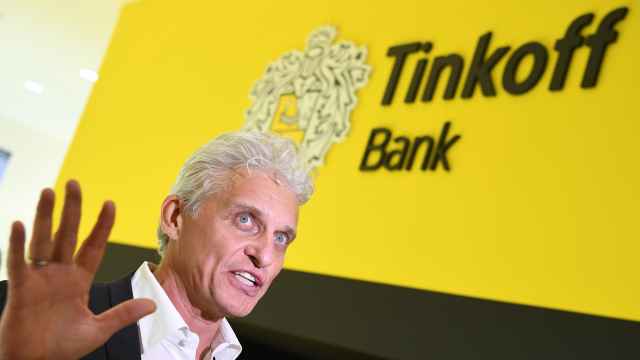Deutsche Bank has relocated hundreds of its Russia-based IT specialists to Germany following the Russian invasion of Ukraine, the Financial Times reported Tuesday.
The Frankfurt-headquartered bank has relocated approximately half of its 1,500 highly skilled software developers based in Moscow and St. Petersburg as well as their families in the past three months, citing difficulties brought about by the war and ensuing Western sanctions on Russia.
The bank has not specified what it plans to do with its remaining IT presence in Russia.
“We continue to look at our options there [in Russia],” a senior manager from the bank told the Financial Times.
Deutsche Bank has relied heavily on Russian tech workers in the over two decades since it opened its technology center there. Russian workers make up around one-quarter of its investment bank’s in-house computer specialists.
But when Russian President Vladimir Putin ordered his troops over the border of pro-Western Ukraine on Feb. 24, the bank started seeking ways to limit the war's impact on its IT capabilities.
The bank insists that the relocation of its Russian workers was “not an evacuation,” but “a normal relocation of staff” on “a size and scale that is much greater than we would normally deal with,” said one source close to the bank.
“We went to great pains to make sure everyone understood that [moving to Germany] was optional,” another source involved in the relocation told FT.
In total, around 2,000 people are formally immigrating to Germany, according to FT.
The departures are part of a wider brain drain out of Russia in the three months since it invaded Ukraine and deal another blow to Russia’s efforts to cultivate a globally competitive tech sector.
More than 300,000 Russians are estimated to have left the country since February, an estimated 70,000 of whom are highly skilled IT specialists.
Many IT workers who have left have cited opposition to the war and fears of economic hardship and possible mass military mobilization, as well as Western sanctions and tech firm exits making working in IT extremely difficult.
A Message from The Moscow Times:
Dear readers,
We are facing unprecedented challenges. Russia's Prosecutor General's Office has designated The Moscow Times as an "undesirable" organization, criminalizing our work and putting our staff at risk of prosecution. This follows our earlier unjust labeling as a "foreign agent."
These actions are direct attempts to silence independent journalism in Russia. The authorities claim our work "discredits the decisions of the Russian leadership." We see things differently: we strive to provide accurate, unbiased reporting on Russia.
We, the journalists of The Moscow Times, refuse to be silenced. But to continue our work, we need your help.
Your support, no matter how small, makes a world of difference. If you can, please support us monthly starting from just $2. It's quick to set up, and every contribution makes a significant impact.
By supporting The Moscow Times, you're defending open, independent journalism in the face of repression. Thank you for standing with us.
Remind me later.






